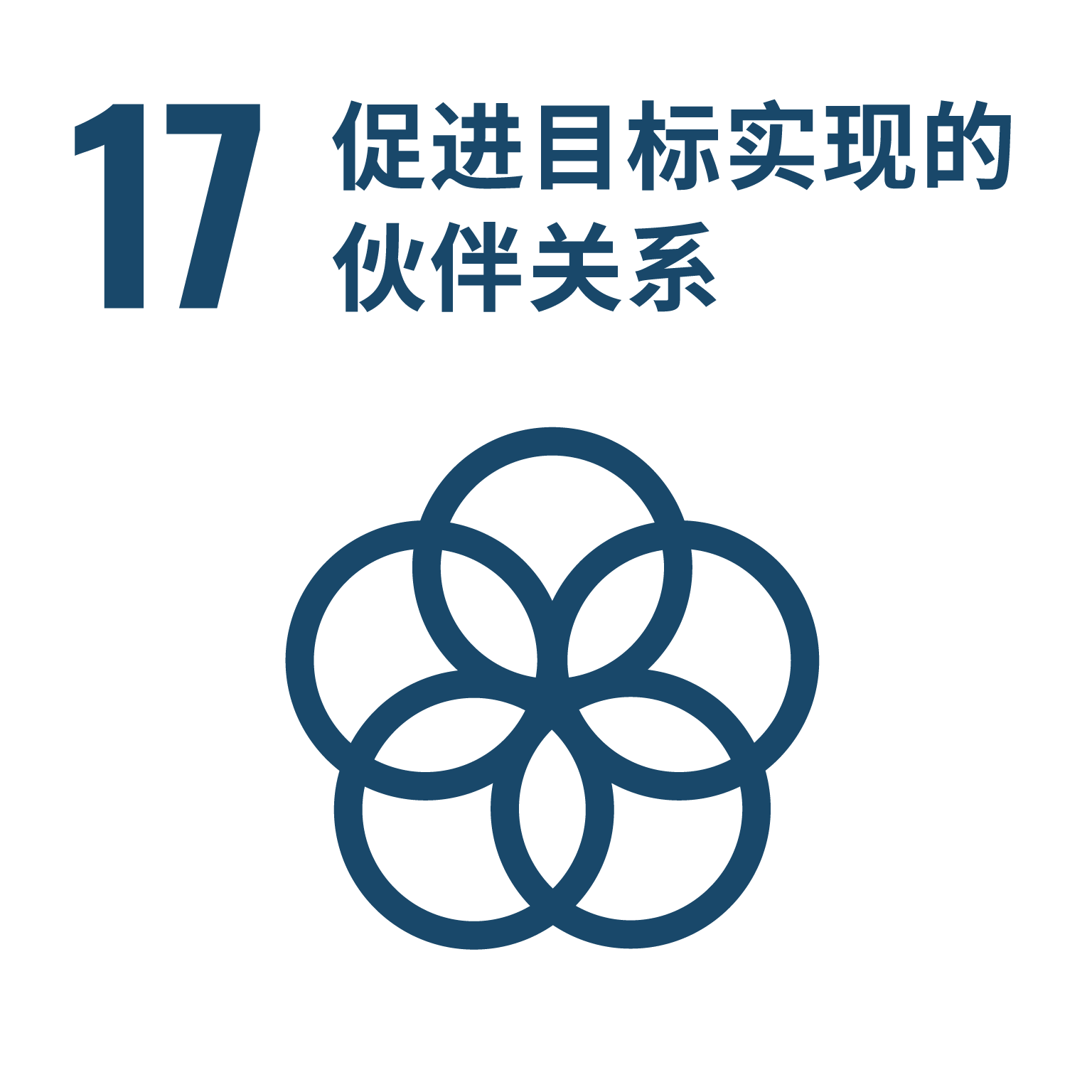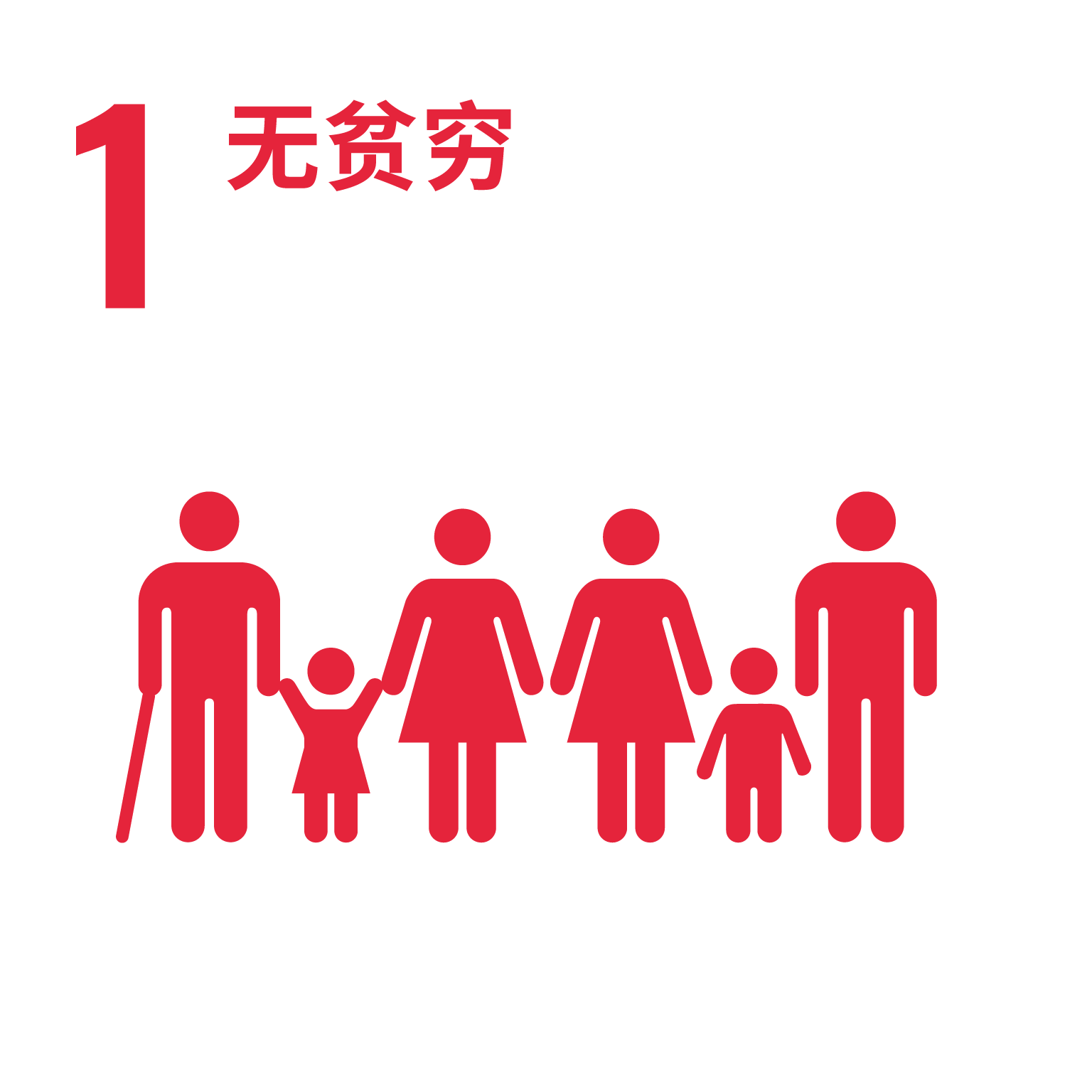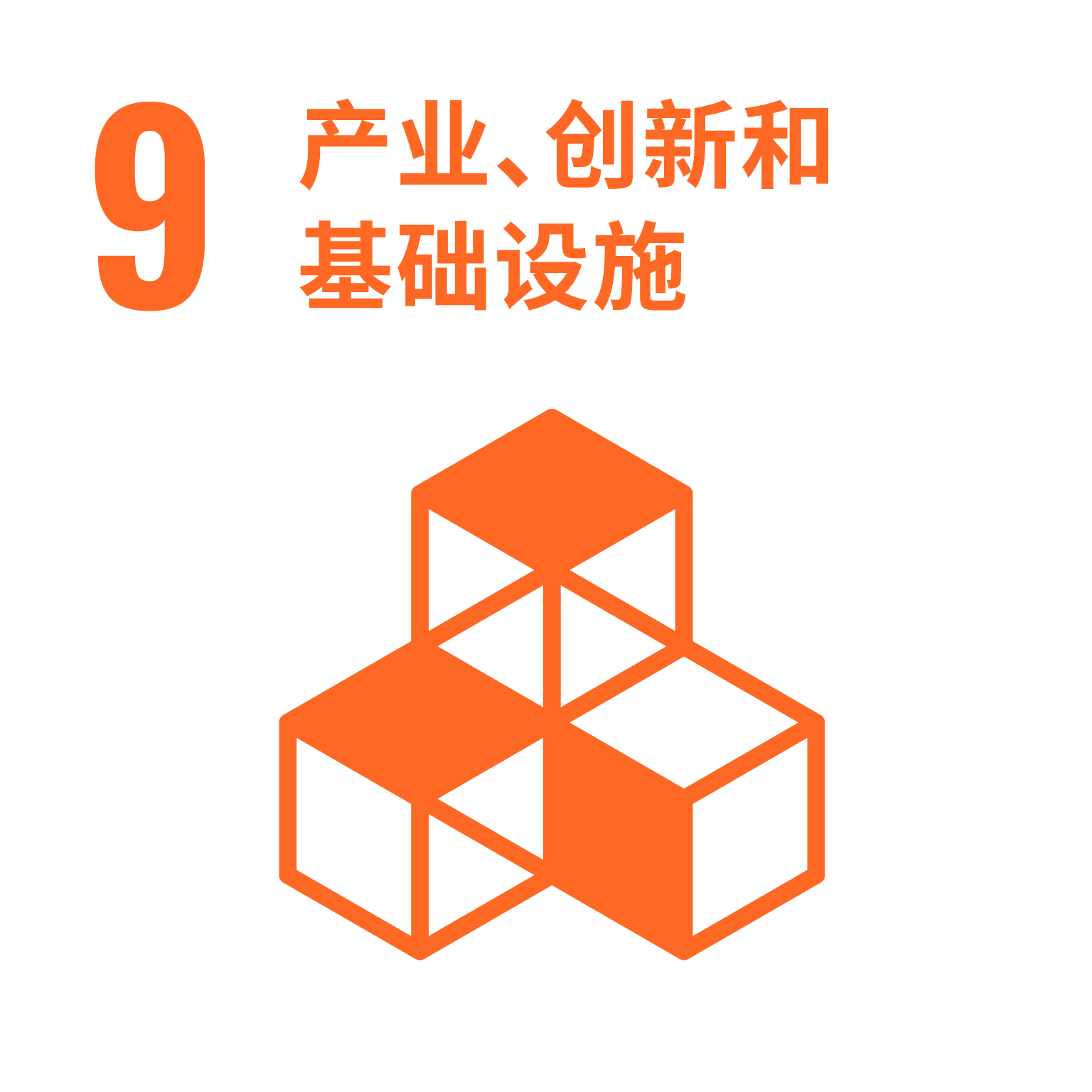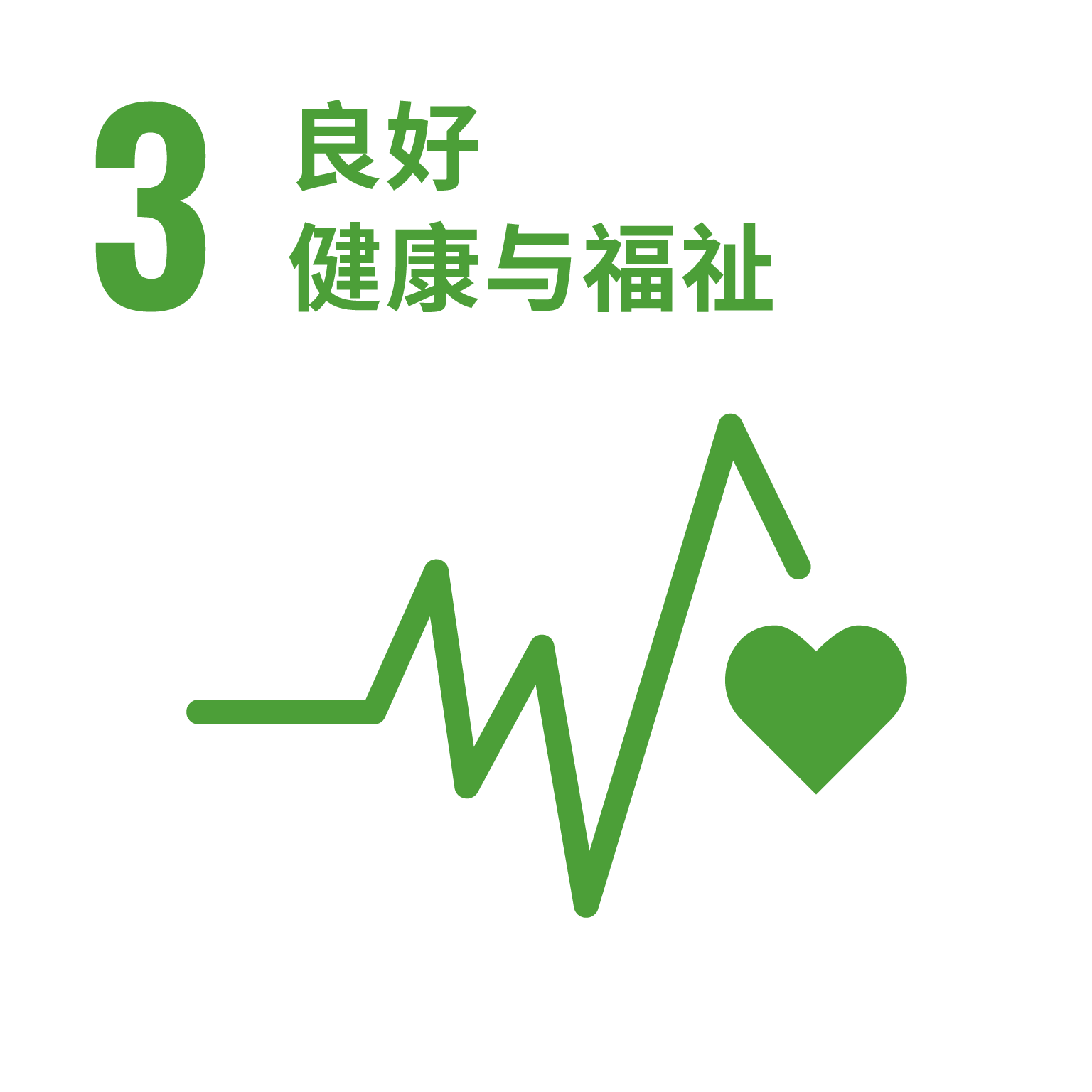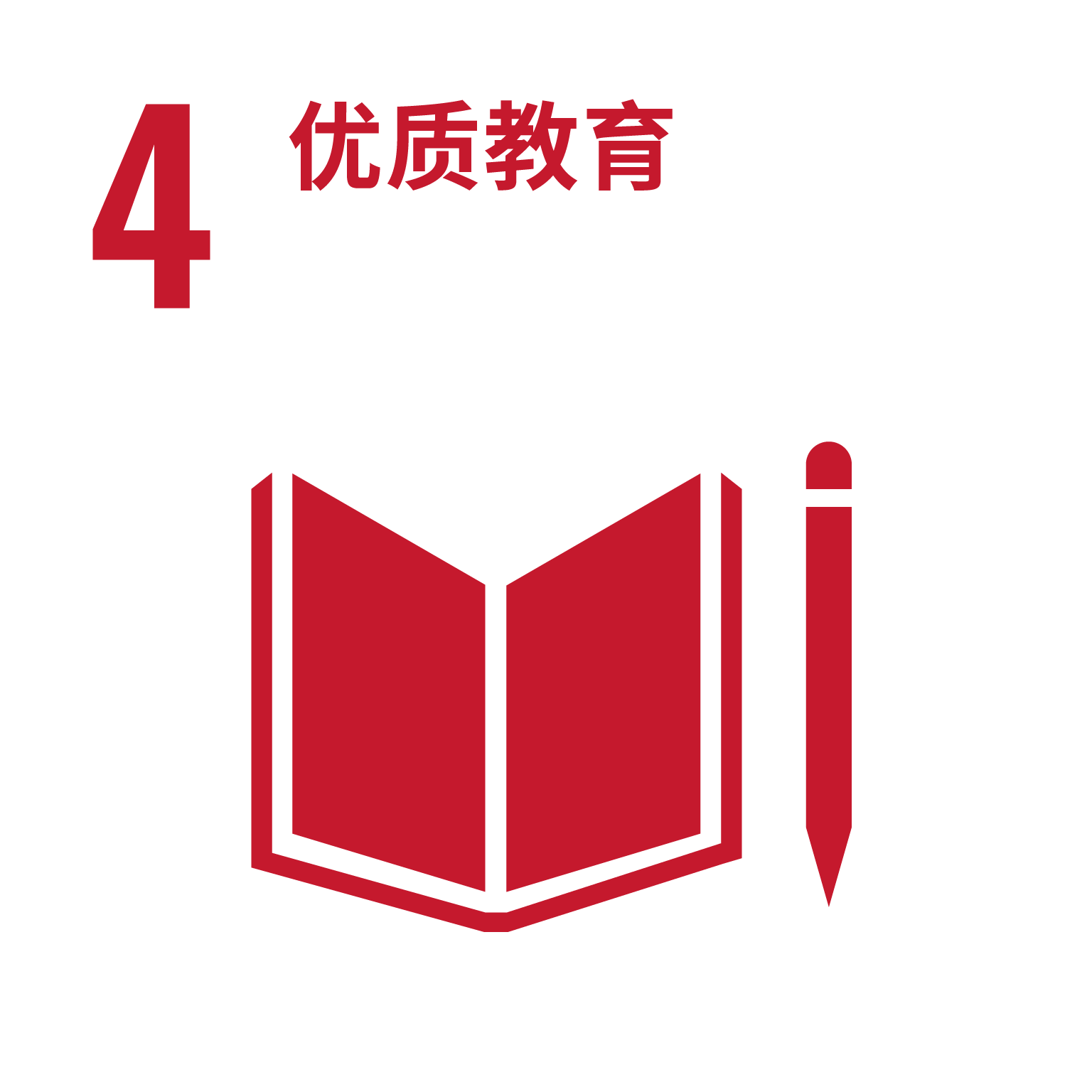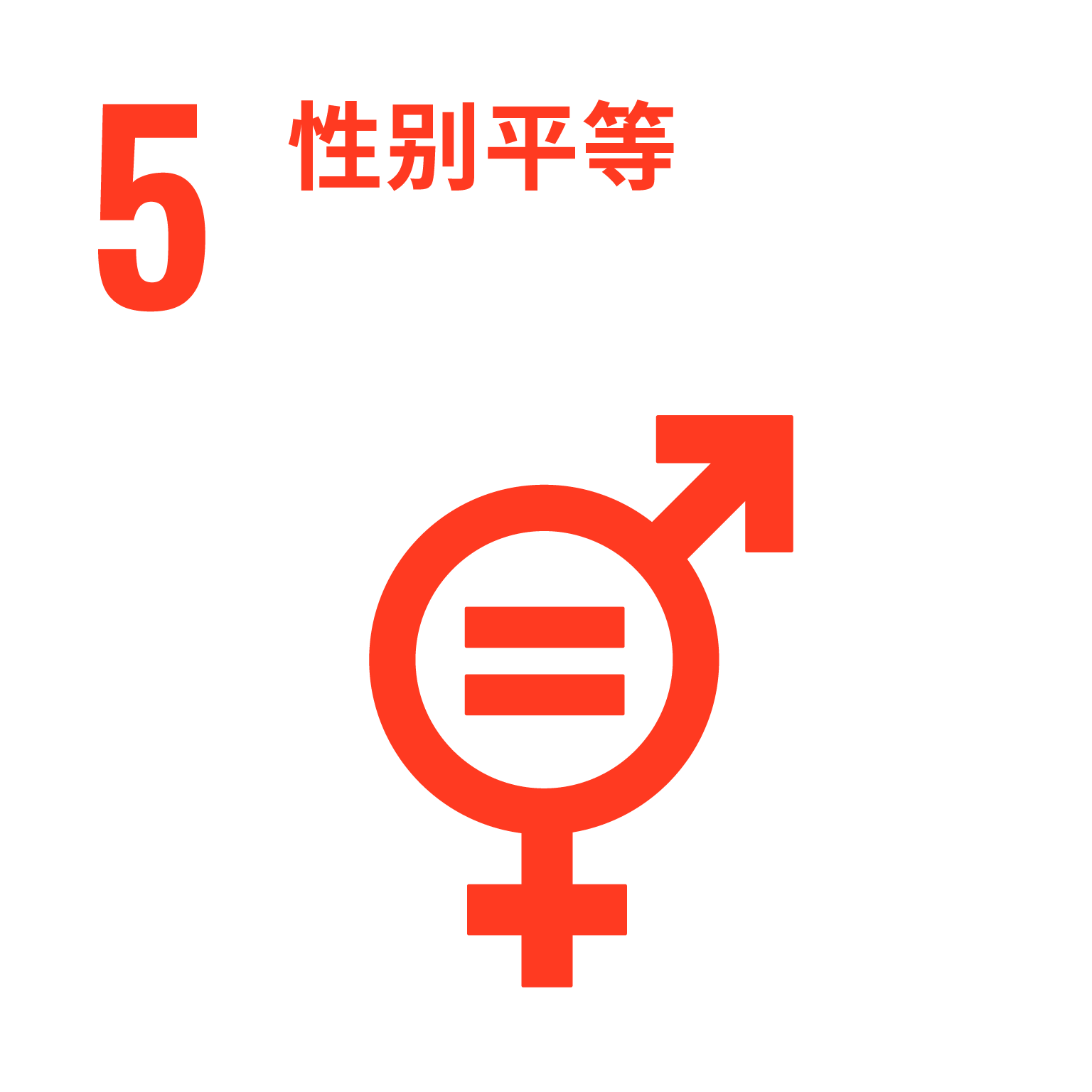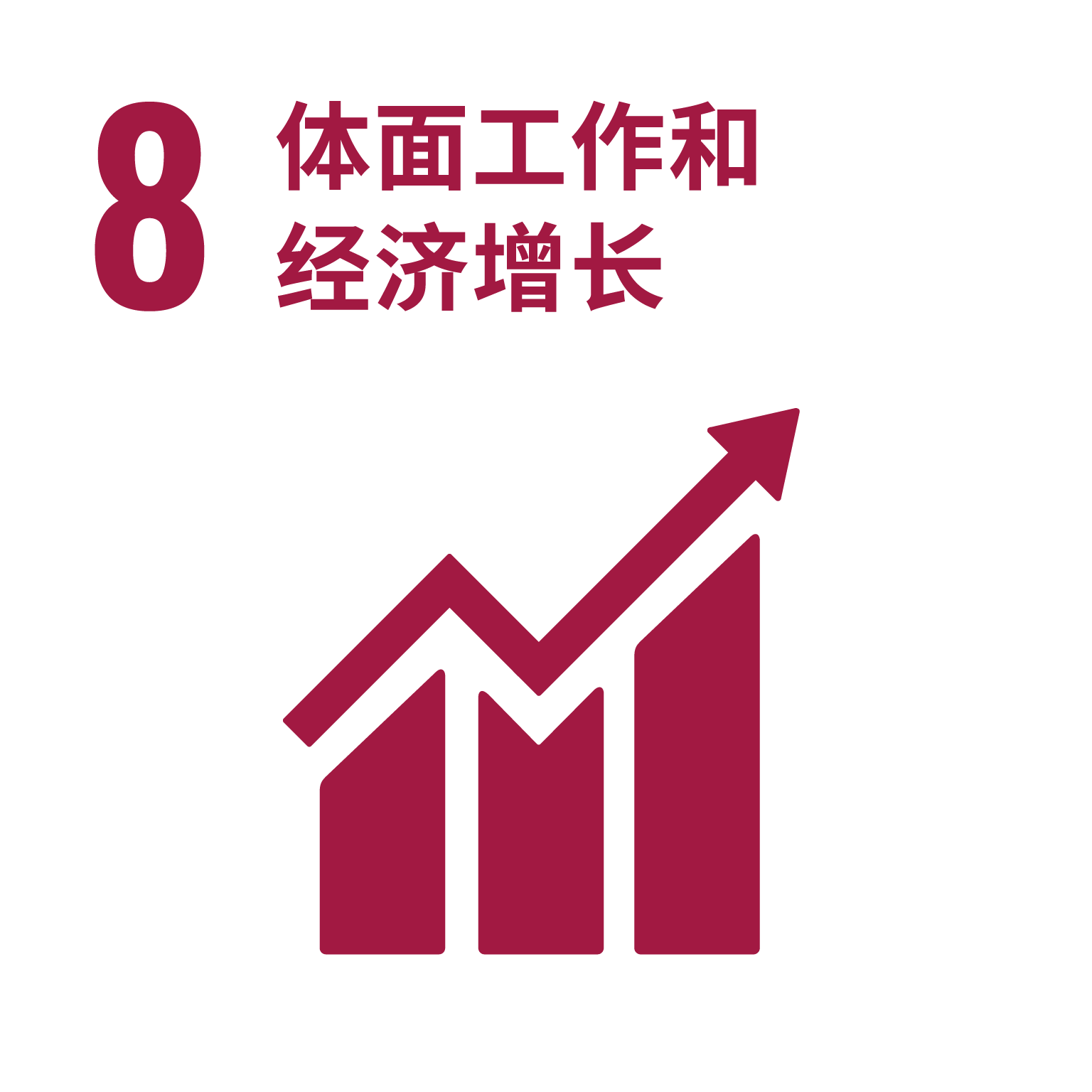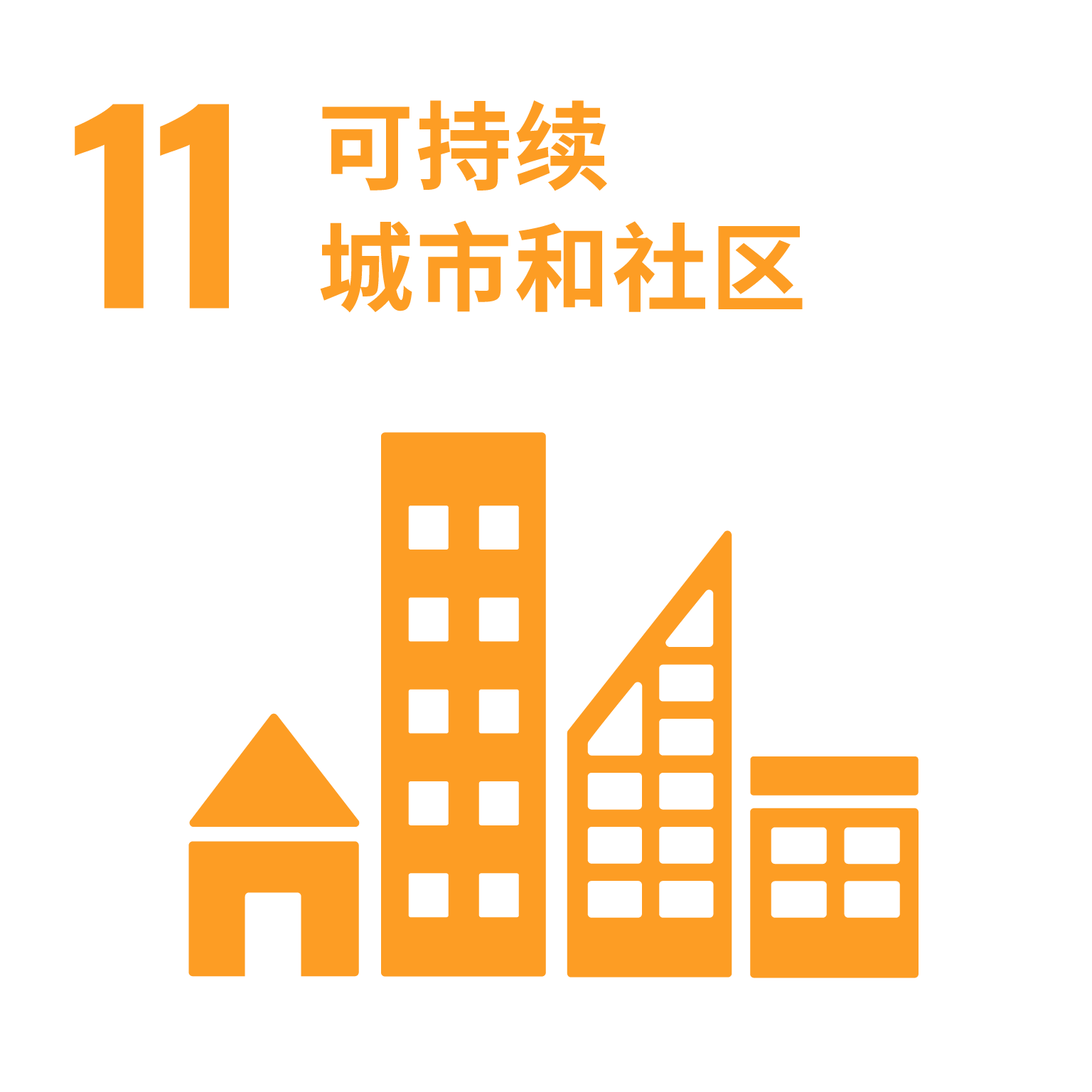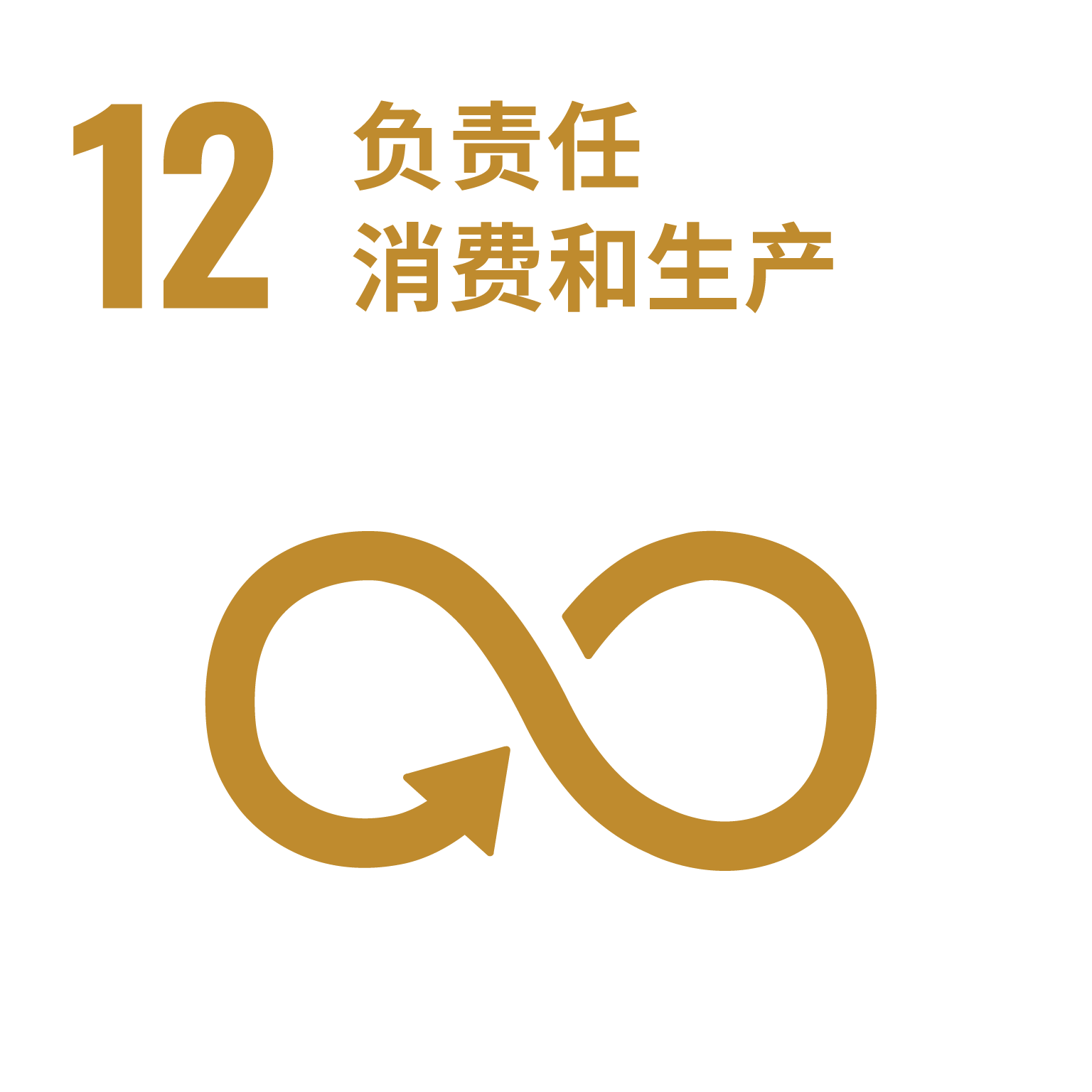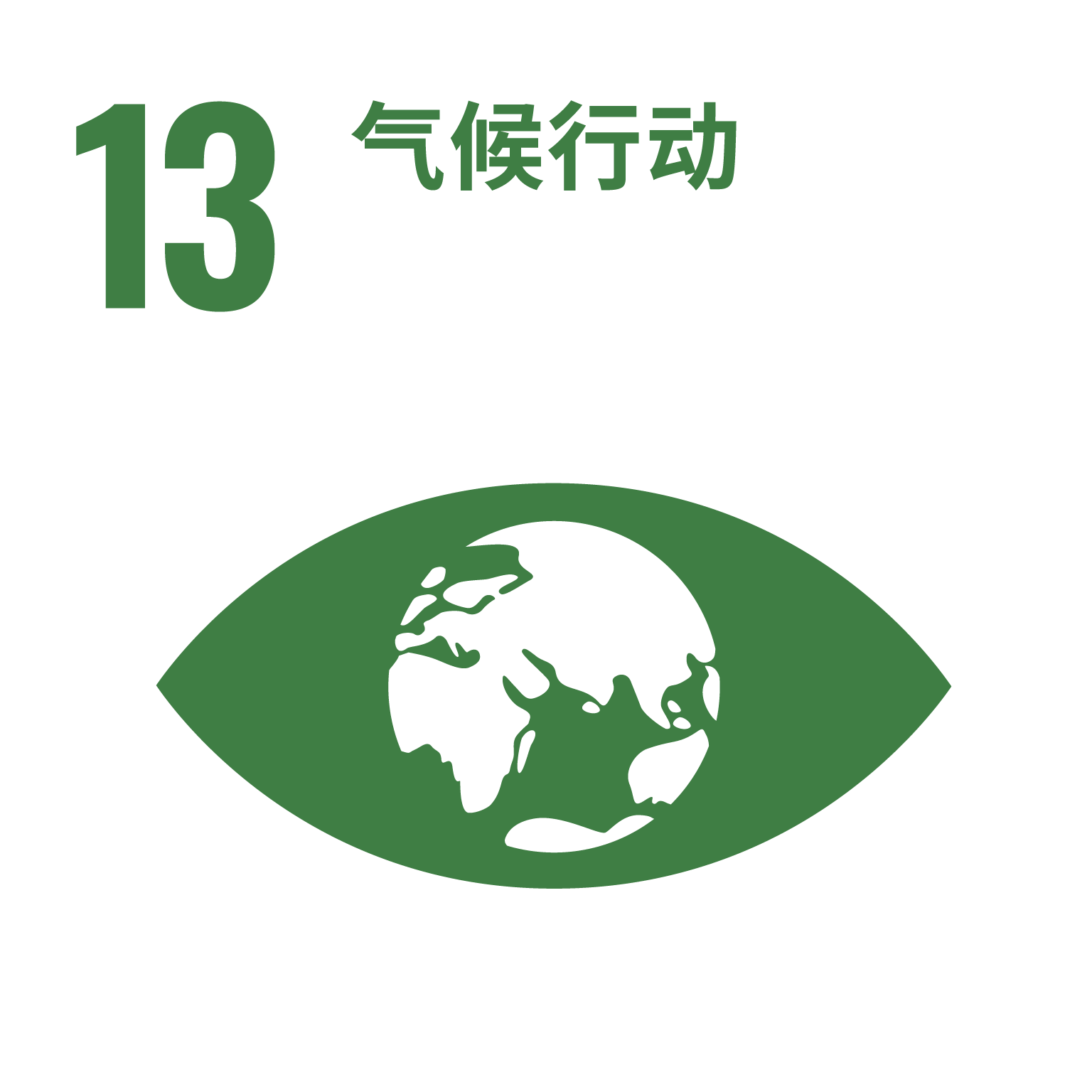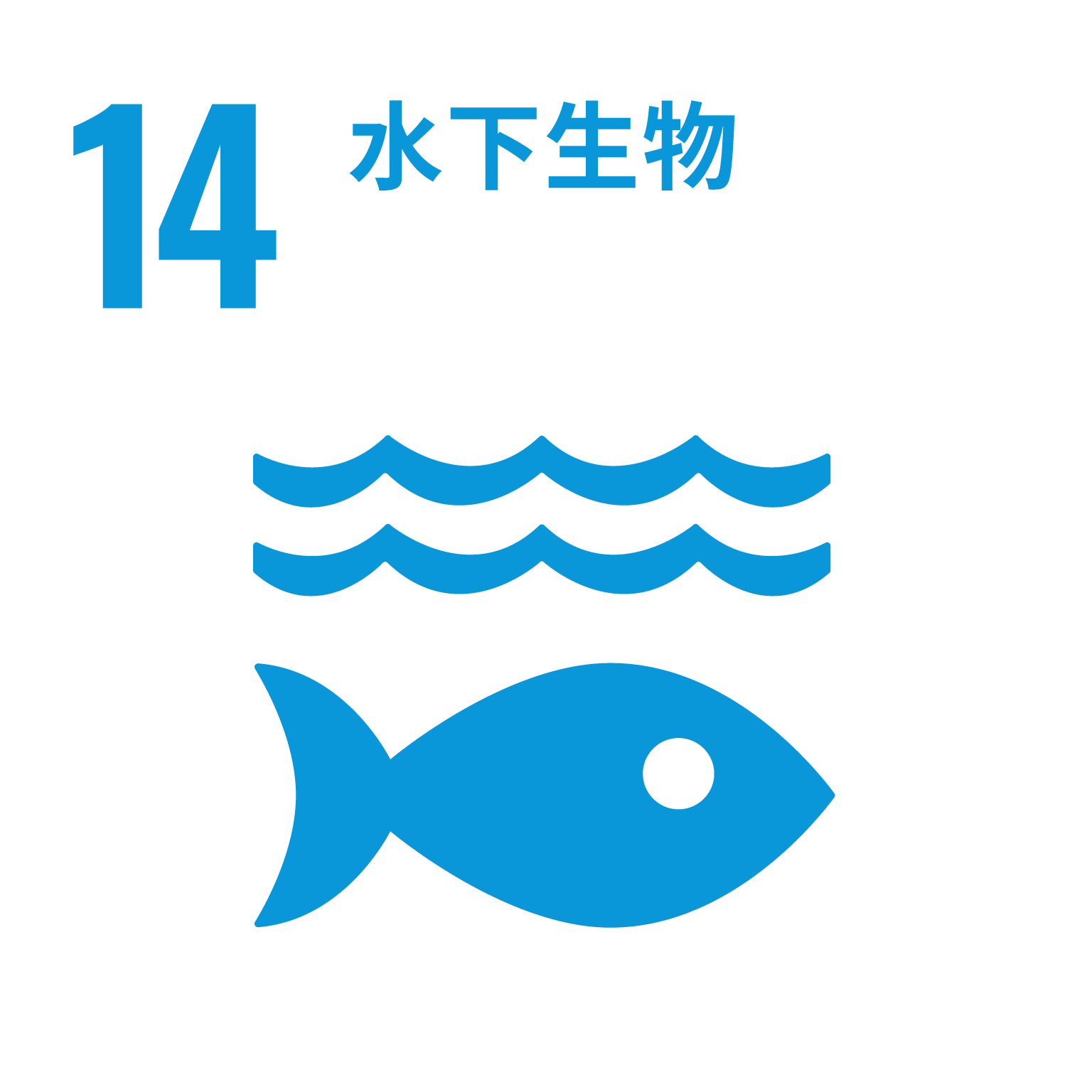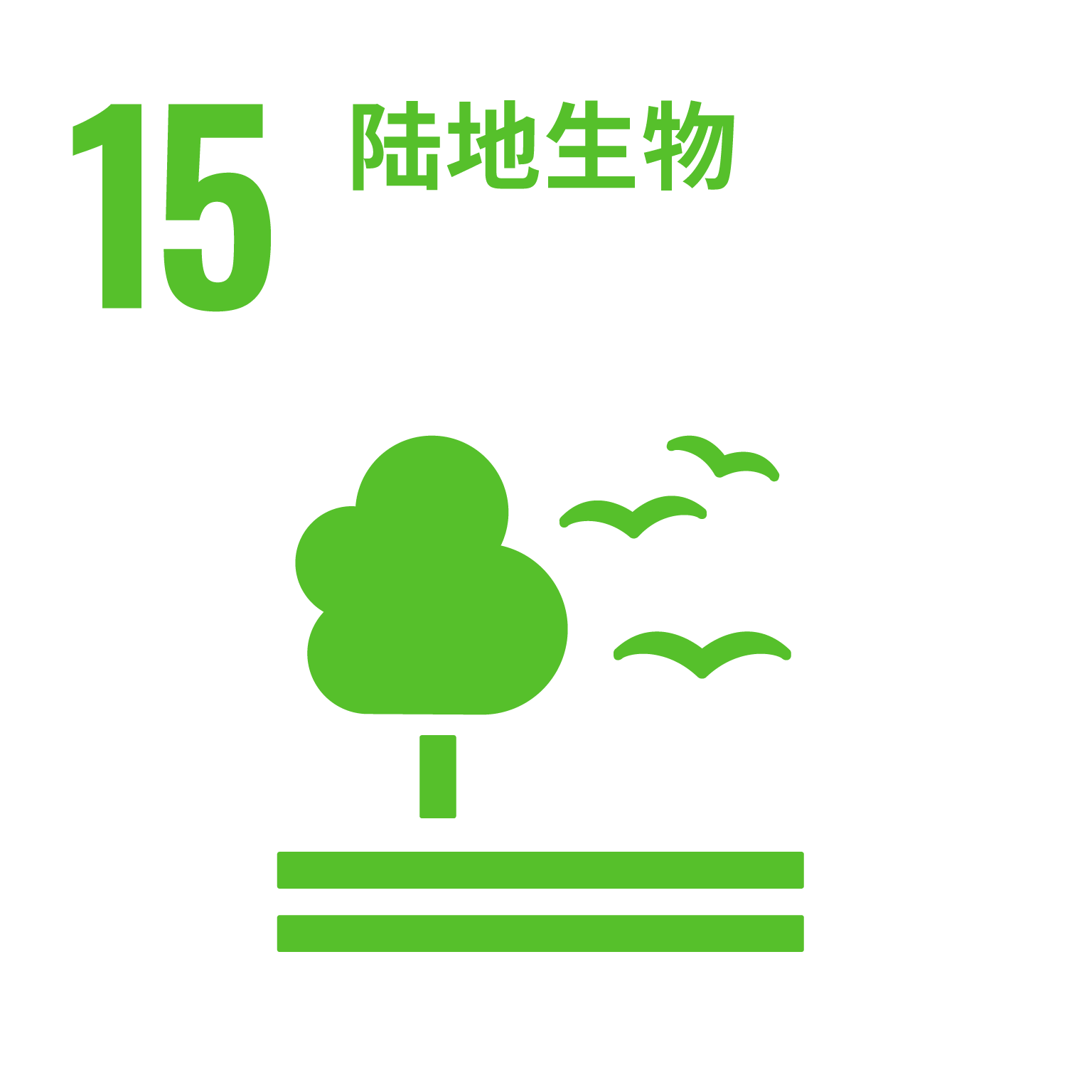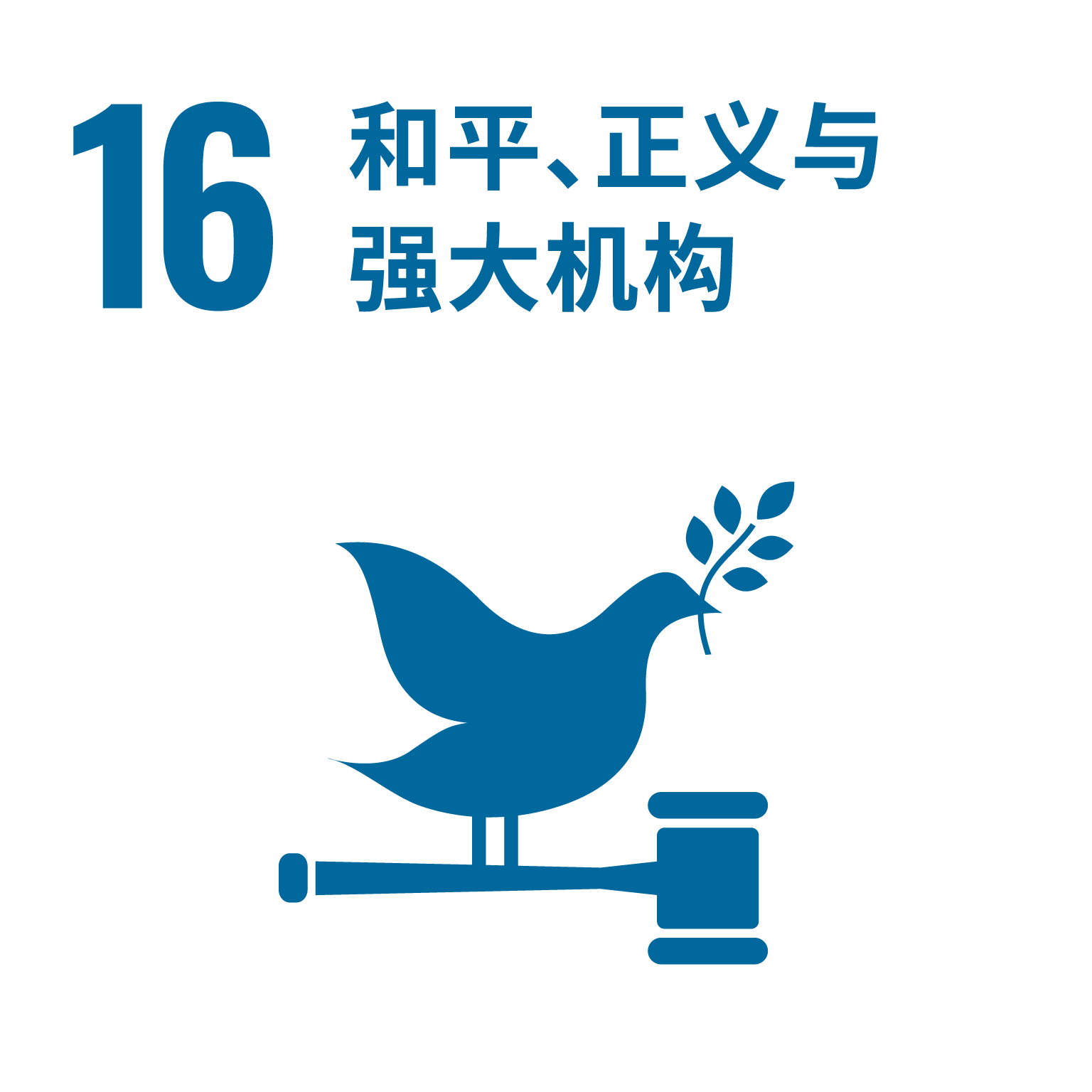全球化时代的传播,媒体与治理。
第三届两年一次的会议,由美国国家传播协会(NCA)和中国传媒大学(CUC)共同举办的国际活动Communication, Media, & Governance in the Age of Globalization.
Third Biennial Conference, An international Event Co-Hosted by the National Communication Association (NCA) and the Communication University of China (CUC)
The Third Biennial Conference on Media, Communication, and Governance in the Age of Globalization (June 17-19, 2021) continue our history of collaboration and cooperation, fostering greater understanding between Chinese scholars of Communication and a wide range of international colleagues affiliated with NCA.
Drawing from the United Nation’s “Millennium Development Goals” and the revised “Sustainable Development Goals” signed by all 191 UN members in 2015, the 17 SDGs serve as benchmarks in human development, quality of life, and global partnership in pursuit of the 2030 Agenda for Sustainable Development.
We believe each of the 17 SDGs is deeply bound up in communication questions and practices. Accordingly, we organize our conference around three tracks, which honor the SDG’s call to action to end poverty, protect the planet and improve the lives and prospects of everyone, everywhere, centering them as issues in communication.
第三届全球化时代媒体、传播和治理双年会(2021 年 6 月 17 日至 19 日)延续了我们合作与合作的历史,促进了中国传播学学者与 NCA 广泛的国际同事之间的了解.
借鉴联合国的“千年发展目标”和 2015 年所有 191 个联合国成员签署的修订后的“可持续发展目标”,17 个可持续发展目标作为人类发展、生活质量和全球伙伴关系的基准,以追求 2030 年议程可持续发展。
我们相信 17 个可持续发展目标中的每一个都与沟通问题和实践密切相关。因此,我们围绕三个轨道组织我们的会议,以响应可持续发展目标的行动呼吁,即消除贫困、保护地球、改善世界各地每个人的生活和前景,并将其作为沟通问题的中心。DOCUMENTARY FILMS & SOCIAL JUSTICE | 纪录片和社会正义
Across our international mediascapes, documentary films (in both traditional long-form and the now-popular short forms) are an important genre of communication about human development and social justice. We will focus on documentary films, especially those that address issues of poverty and poverty eradication, education, the global empowerment of women, health in underserved communities, health crises, and others that speak to the MDGs’ principles.
在我们的国际媒体中,纪录片(传统的长片和现在流行的短片)都是有关人类发展和社会正义的重要交流形式。我们将专注于纪录片,特别是那些涉及贫困和消除贫困,教育,全球增强妇女权能,服务不足社区的健康,健康危机以及其他与千年发展目标原则相关的电影。
ONE BELT, ONE ROAD, THE OPPORTUNITIES & DILEMMAS OF DEVELOPMENT | 一带一路发展的机遇与困境
China’s “One Belt, One Road” Initiative (popularly known as “BRI”) amounts to a Marshall Plan for the 21st century. Whereas the U.S.’s Marshall Plan sought to rebuild a Europe devastated by World War II, China’s BRI hopes to drive a China-centric version of globalization wherein Chinese capital, technology, industry, and labor power stitch large swaths of Asia, Africa, Oceania, and the Middle East into a new market.
中国的“一带一路”倡议(俗称“ BRI”)相当于21世纪的《马歇尔计划》。美国的《马歇尔计划》试图重建一个遭受第二次世界大战破坏的欧洲,而中国的“一带一路”倡议则希望推动以中国为中心的全球化版本,其中,中国的资本,技术,工业和劳动力将亚洲,非洲,大洋洲的大片范围交织在一起,并将中东打入新市场。
POSTCOLONIALISM & THE GLOBAL SOUTH |
后殖民主义与全球南方
The long-standing cultural, political, economic, and communicative damage wrought by more than a century of colonialism limits the achievement of the MDGs. To discuss the MDGs, then, means entering into a conversation about the legacies of colonialism. This track seeks to center postcolonialism at the heart of our intercultural conversations, in this case by focusing on the communicative dynamics surrounding the MDGs and the Global South.
一个多世纪的殖民主义对文化,政治,经济和交流造成的长期破坏限制了千年发展目标的实现。因此,要讨论千年发展目标,就意味着要进行关于殖民主义遗产的对话。本专题旨在将后殖民主义作为我们跨文化对话的核心,在这种情况下,重点关注围绕千年发展目标和全球南方的交流动态。
Participant Access Point | 参与者接入点
For questions and inquiries about the conference, please contact Stephen J. Hartnett, Stephen.hartnett@ucdenver.edu.
For technical questions about registering for the conference, please contact Nic Zoffel, nic@globalcivicaffairs.org.





















